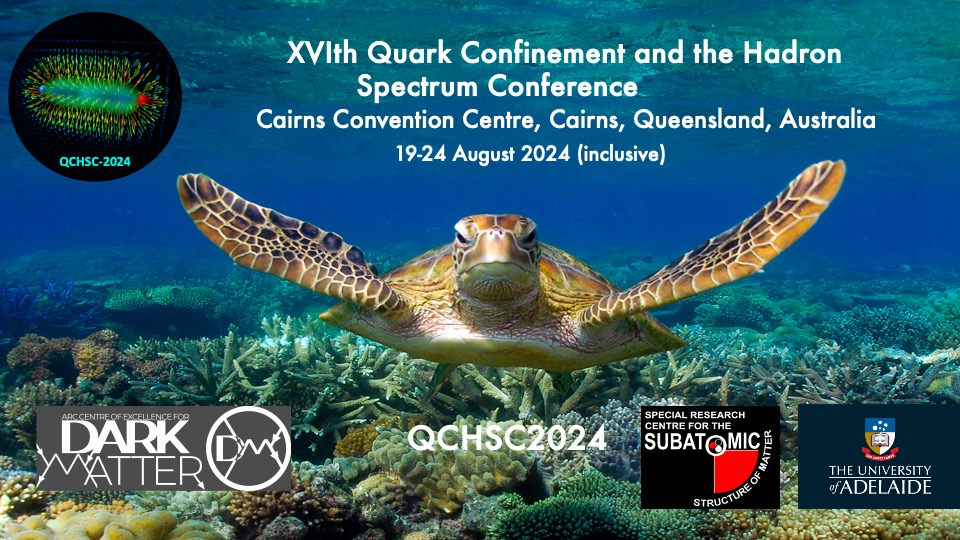Speaker
Description
Understanding the thermodynamics of cold and dense QCD matter has become a prominent research topic due to recent advances in neutron-star observations. Unfortunately, the notorious Sign Problem impedes the study of such matter using lattice QCD.
However, nonperturbative inequalities constrain the pressure of dense QCD with its phase-quenched counterpart, a Sign-Problem-free theory that is amenable to lattice treatment. In the perturbative regime, characterized by a small QCD coupling constant g, one of these inequalities manifests as an O(g⁶) difference between the phase-quenched and full QCD pressures at large baryon chemical potential.
In this talk, I will introduce the finite-density generalization of the loop-tree-duality, a powerful algorithmic technique from vacuum quantum field theory used for numerically tackling high-order diagrammatic computations. Using this approach, we have evaluated the O(g⁶) difference, demonstrating that it is a gauge-independent, small positive number relative to the known perturbative coefficients at this order. This finding suggests that phase-quenched lattice simulations can serve as a complementary nonperturbative method for accurately determining the pressure of cold and dense quark matter at O(g⁶).

